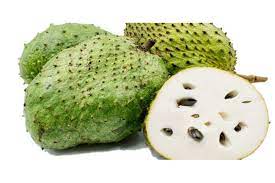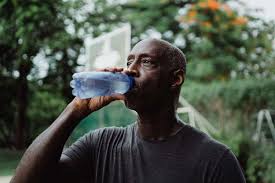The skin is the largest organ of the body and protects us from microbes. It helps regulate body temperature, and permits the sensations of touch, heat, and cold. It has three layers namely; the outermost layer of skin, known as the epidermis which provides a waterproof barrier and creates our skin tone. Beneath the epidermis is the dermis which contains tough connective tissue, hair follicles, and sweat glands. The deeper subcutaneous tissue (hypodermis) is made of fat and connective tissue.
Knowing your skin type is a very basic and important step towards establishing an effective and healthy skin routine. This is determined by how much oil your skin produces. Medications, stress, diet, skincare regime and environmental factors affect your skins oil production.
I believe there are six basic types of skin: oily, dry, sensitive, combination, normal and ageing/damaged skin. Normal skin is rare and usually has no noticeable problem. Pimples are rare, though they might have been present when younger. Normal skin has small pores with healthy glow to skin and no sensitivities.
Oily skin has large pores mostly around nose, chin and forehead and shiny. This skin type experiences blemishes often especially blackheads. This skin is more prone to acne breakouts. Having oily hair may serve as a clue to you!!
Dry skin is usually flaky and scaly, dry to touch, feels tight and develop red patches easily. This skin type is prone to cracking and peeling. It is less elastic and form wrinkles easily. Dry hands and feet may serve as a clue!!
Combination skin is just a combination of oily and dry skin. The cheeks are usually dry while the T-zone (forehead, nose and chin). Blackheads are often found around the nose.
Sensitive skin is easily irritated and often has red patches. It is viewed as a sub-category of the other skin types. Skin can be sensitive regardless of skin type and usually occurs as a result of reaction to certain skin care routines or allergies. The sensitive skin will be red, dry and itch.
Ageing or damaged skin often has fine lines and wrinkles or hyperpigmentation. Ageing skin starts around eyes, mouth and the forehead. It appears loose due to loss of elasticity. Skin can be damaged by the sun or harsh topical agents such as steroids and in recent times certain pills, creams and herbs used to lighten or brighten the skin.
Skincare products for oily skin are designed to help rebalance the level of oil in your skin. Products designed for dry skin are usually water based to add needed moisture to the skin.
If you don’t feel confident about what type of skin you have, its best to speak to a dermatologist to ensure you use only products best suited for you.































